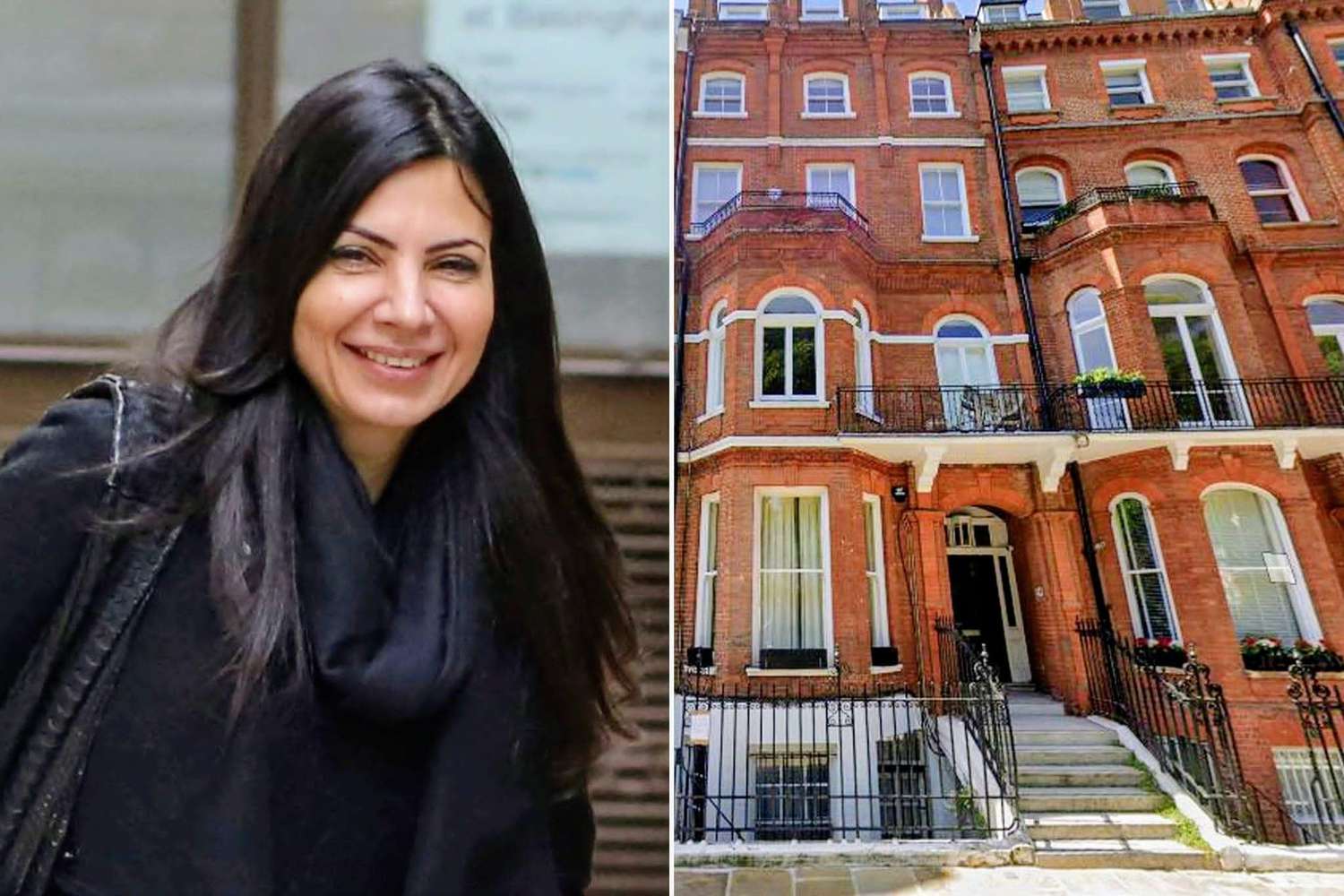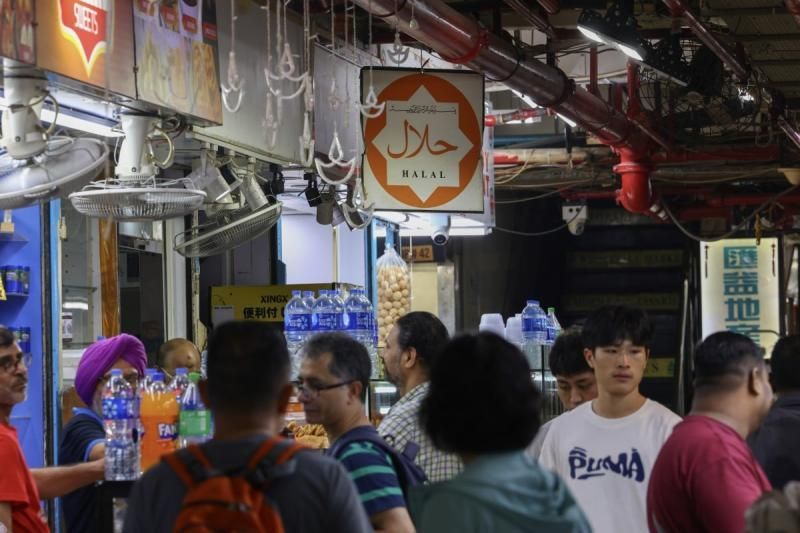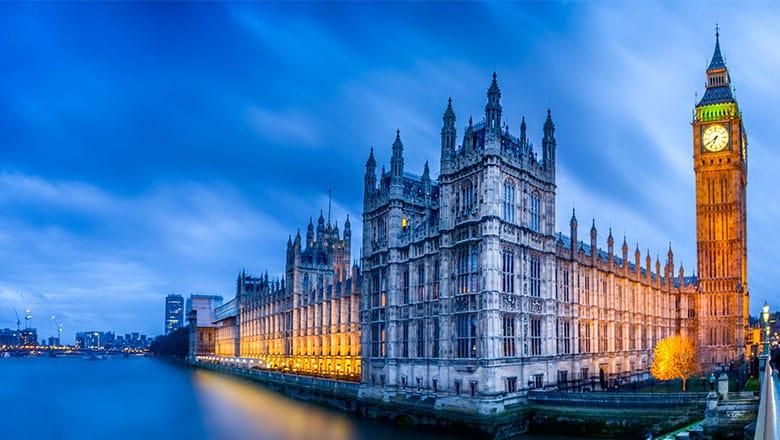In a strategic move set to redefine its global tourism appeal, Hong Kong is rapidly emerging as a leading destination for Muslim travellers, actively promoting its burgeoning halal food scene and cultivating an inclusive environment. This comprehensive drive, championed by the Hong Kong Tourism Board (HKTB) and supported at the highest levels of government, offers a compelling model for other nations, particularly those with aspirations for tourism growth like Bangladesh, to tap into the vast potential of the Muslim travel market.
At the forefront of this culinary transformation is innovative chefs like Saito Chau, culinary director at Chinesology restaurant. Driven by a vision of cultural exchange, Chau has ingeniously reinterpreted classic Chinese dishes, such as the iconic char siu, using Wagyu beef and a secret, pork-free sauce. His experience in Dubai, where he witnessed Chinese restaurants struggling to cater to Muslim diners, inspired him to create a halal-friendly version, allowing a wider audience to savour authentic Chinese flavours.
Chinesology's journey to halal accreditation exemplifies the commitment required. The restaurant underwent a rigorous process, including deep cleaning, creating dedicated halal cooking areas with separate equipment, and establishing strict protocols for ingredient sourcing and preparation. This meticulous attention to detail culminated in Chinesology becoming the first high-end Chinese restaurant in Hong Kong to achieve halal-friendly accreditation from the Incorporated Trustees of Islamic Community Fund of Hong Kong, joining nearly 200 other establishments across the city.
This expansion of halal dining options is a cornerstone of the HKTB’s broader strategy to attract Muslim tourists from South and Southeast Asia, as well as the Middle East. Hong Kong Chief Executive John Lee Ka-chiu has personally endorsed this initiative, declaring it a clear policy to make Hong Kong a "Muslim-friendly city." During a recent visit, he emphasized the government's desire for all Muslim visitors to feel "appreciated and respected."
Becky Ip, Deputy Executive Director at HKTB, highlights the economic rationale behind this push, aiming to "capitalise on the vast potential and spending ability of the Muslim consumer segments." Halal certification, she explains, ensures adherence to Islamic dietary laws, encompassing everything from ingredient sourcing and animal slaughter rites to meticulous kitchen management to prevent cross-contamination.
For some restaurateurs, like Mustafa Temir of Kimchi Korean Fusion – Hong Kong’s first halal-certified Korean restaurant – and Prem Bahadur Thapa of Basmati Taste of India, the accreditation process was relatively straightforward due to their existing knowledge of halal practices or the nature of their cuisine. Thapa, for instance, sought certification to reassure his Muslim guests, acknowledging Hong Kong's perception among some Muslims as not being inherently Muslim-friendly due to the prevalence of pork in local cuisine.
Vinay Kapoor, owner of Flaming Frango, a Portuguese gastropub, recognized the market demand for halal options beyond traditional Indian and kebab shops. His establishment, which has offered halal-certified chicken for a decade, diversified its menu to include halal fajitas, burgers, and pasta, anticipating future growth in Muslim visitor numbers.
While some establishments, like Basmati Taste of India and Flaming Frango, have yet to see a significant direct impact on revenue from the certification, they remain committed to it. Chaster Tong of Islam Food, a long-standing halal establishment in Kowloon City, underscores the broader benefit: increased awareness. "The important thing is that when the government promotes Muslim-friendly dining, it raises awareness," Tong states. "Before, many visitors didn't realise Hong Kong had proper halal options beyond vegetarian restaurants." He emphasizes that "Halal isn't just about ingredients; it's about clean, wholesome food that's good for both body and faith."
Hong Kong's proactive approach to catering to Muslim tourists offers invaluable lessons for other nations. By actively encouraging various sectors of the tourism industry to create a Muslim-friendly environment, focusing on authentic halal culinary experiences, and garnering high-level government support, Hong Kong is setting a new standard.
For Bangladesh, with its significant Muslim population and immense tourism potential, Hong Kong’s model presents a unique opportunity. By learning from Hong Kong's successful strategies in developing halal-certified dining, promoting Muslim-friendly services, and actively engaging with the global Muslim travel market, Bangladesh can significantly enhance its appeal as a tourist destination. This includes investing in halal infrastructure, training tourism professionals in Muslim cultural sensitivities, and actively marketing its unique cultural and natural attractions to Muslim travellers. Embracing halal tourism is not just about religious observance; it is about providing inclusive, respectful, and quality experiences that can unlock a new era of growth for Bangladesh's tourism sector.








.svg)


